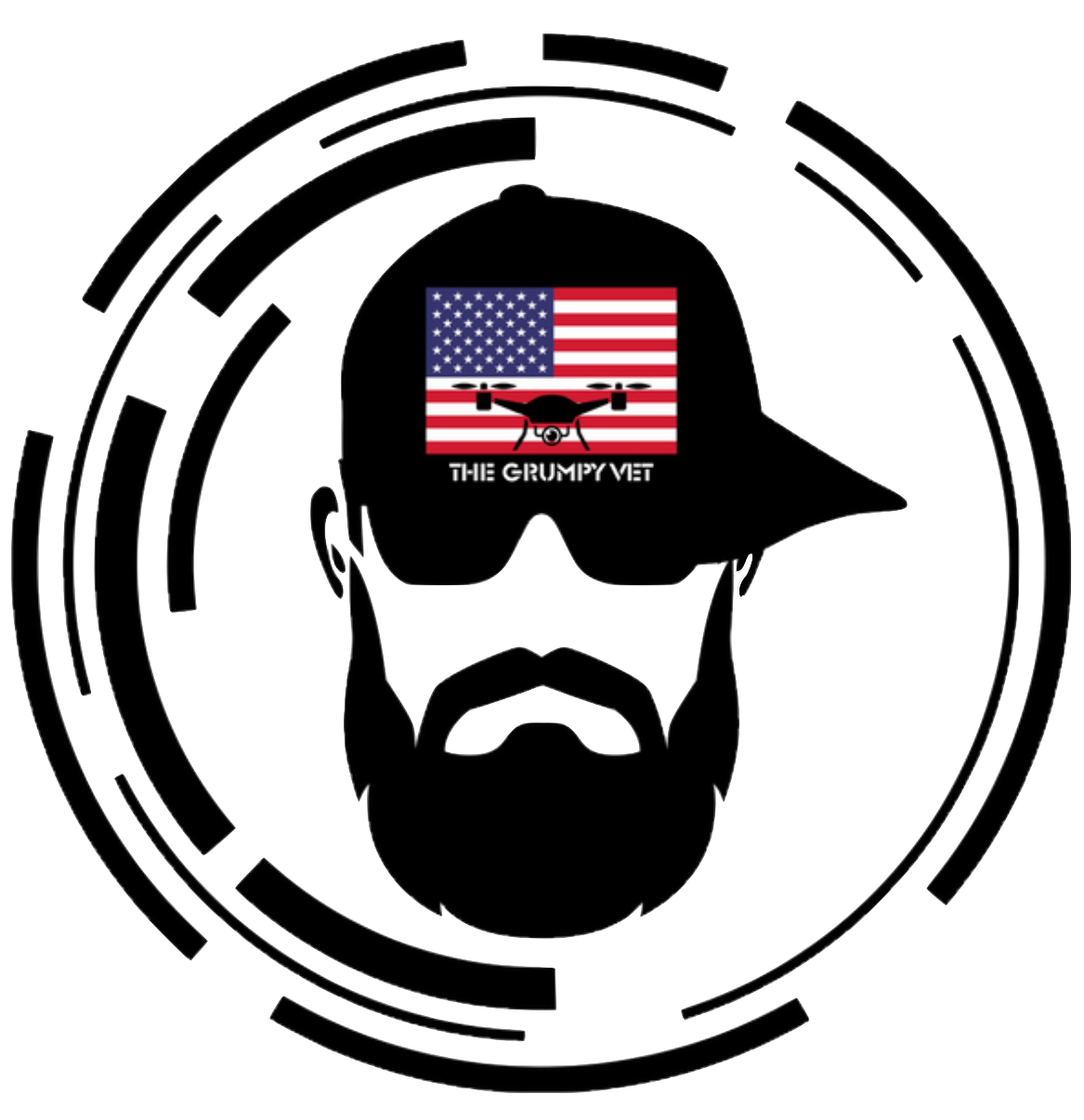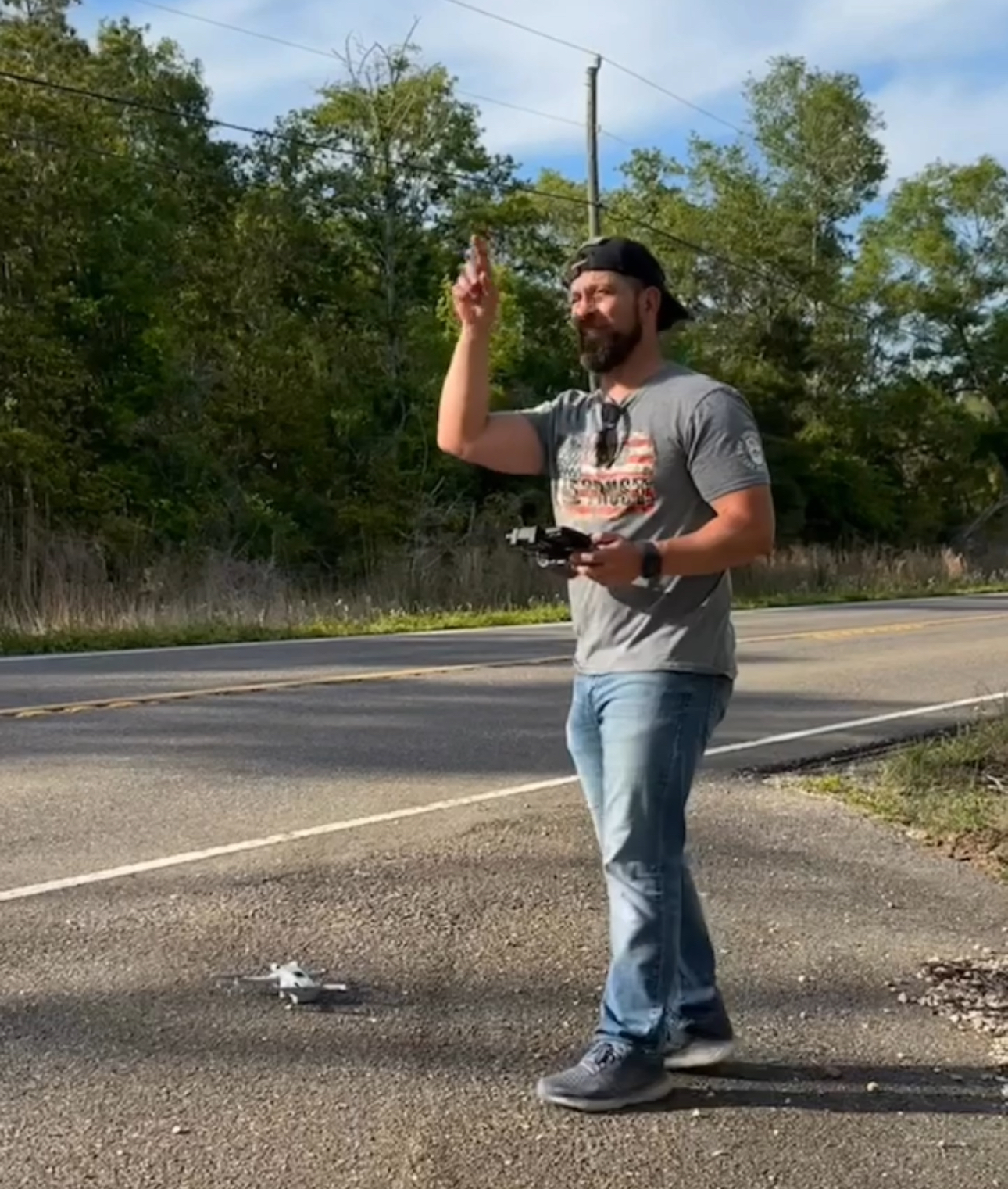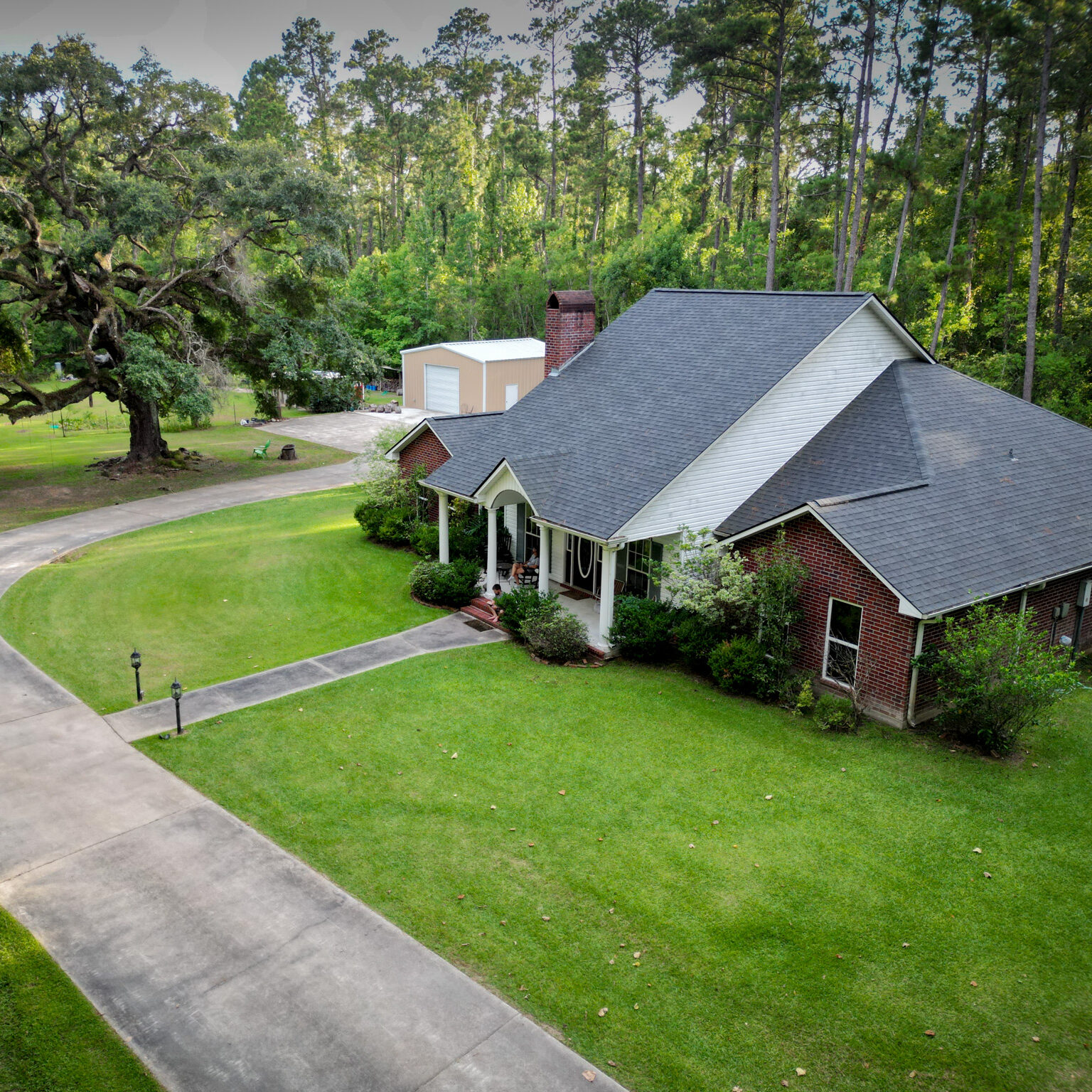Basically, if your drone is doing anything other than just buzzing around for fun, and there’s even a whiff of financial gain or business benefit, it’s commercial. Yes, even if you’re just trying to make your business look a little more professional or help out your family member who’s in real estate… you need an FAA Part 107 license to keep things legit.
An FAA Part 107 license, also known as the Remote Pilot Certificate, is required by the Federal Aviation Administration (FAA) for individuals who wish to operate small unmanned aircraft systems (sUAS), also know as drones, for commercial purposes in the United States.
Here are several reasons why obtaining this license is necessary and HELPFUL if you’re planning on doing anything other than flying for fun:
- Legal Compliance:
- Regulatory Requirement: The FAA requires that anyone flying a drone for commercial purposes must hold a Part 107 license. Operating a drone commercially without this certification can result in fines and other penalties.
- Commercial flying of drones refers to any operation where the drone is used for a business or for any activity that provides a direct or indirect financial benefit. This can encompass a wide range of activities beyond mere recreational use. This INCLUDES work you may do EVEN FOR FREE.
- Safety and Knowledge:
- Airspace Rules: The Part 107 certification process ensures that drone pilots understand and adhere to airspace regulations, weather effects, and other critical factors that affect safe drone operation.
- Operational Safety: It emphasizes the importance of operating drones safely to prevent accidents and ensure the safety of people and property on the ground.
- Professional Credibility:
- Industry Standard: Having a Part 107 license demonstrates to clients, employers, and colleagues that you are a qualified and knowledgeable drone operator.
- Competitive Advantage: In a growing industry, holding this certification can provide a competitive edge and open up more job opportunities.
- Insurance and Liability:
- Insurance: Many insurance companies require drone operators to have a Part 107 license before offering coverage.
- Liability Protection: Operating under the guidelines of the Part 107 rules helps mitigate legal and financial risks associated with accidents or violations.
- Operational Scope:
- Beyond Hobby Use: The license allows for a wide range of commercial applications, including aerial photography, surveying, inspections, agriculture, and more.
- Waivers for Advanced Operations: With a Part 107 license, operators can apply for waivers to conduct more advanced drone operations that would otherwise be prohibited, such as flying at night or over people.
Believe me, while the Part 107 license test is NOT easy… it’s NOT impossible. Once you have it, and all the education and preparedness that comes with it, you’ll not only be more confident in what you’re doing, but, when the opportunity pops up out of the blue, and it likely will, you’ll be legit and ready to go!



Comments are closed